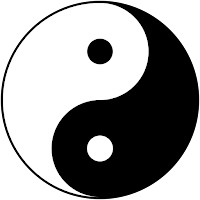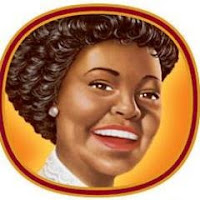Feb 1: Rhetoric of the Dao

Dear All Good People, I think we finished last week's discussion of authorship and witnessing on the importance of our raising questions about inclusions and exclusions: In conversations about "humans," "rights," "nation," "circulation," "rhetoric," and even "history," among other things, who/what gets included or excluded, and what determines those in/exclusions? In a way, discussing authorship and witnessing as constructs that deserve to be looked at more carefully echoes Roland Barthes's expectations of "text" and Kenneth Burke's expectations of "symbol-using," so it seems you are keenly aware that even "universal" concepts do have to be circulated and embraced in order to have authority and meaning. When we meet on Thursday, I'll ask us to try to map Mao onto this conversation : What does Mao get at with the Zhuangzhi's parable of the fish ? In
